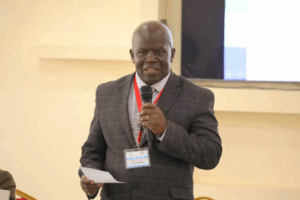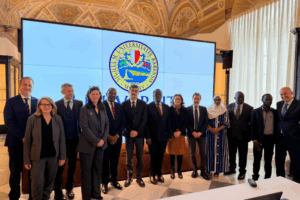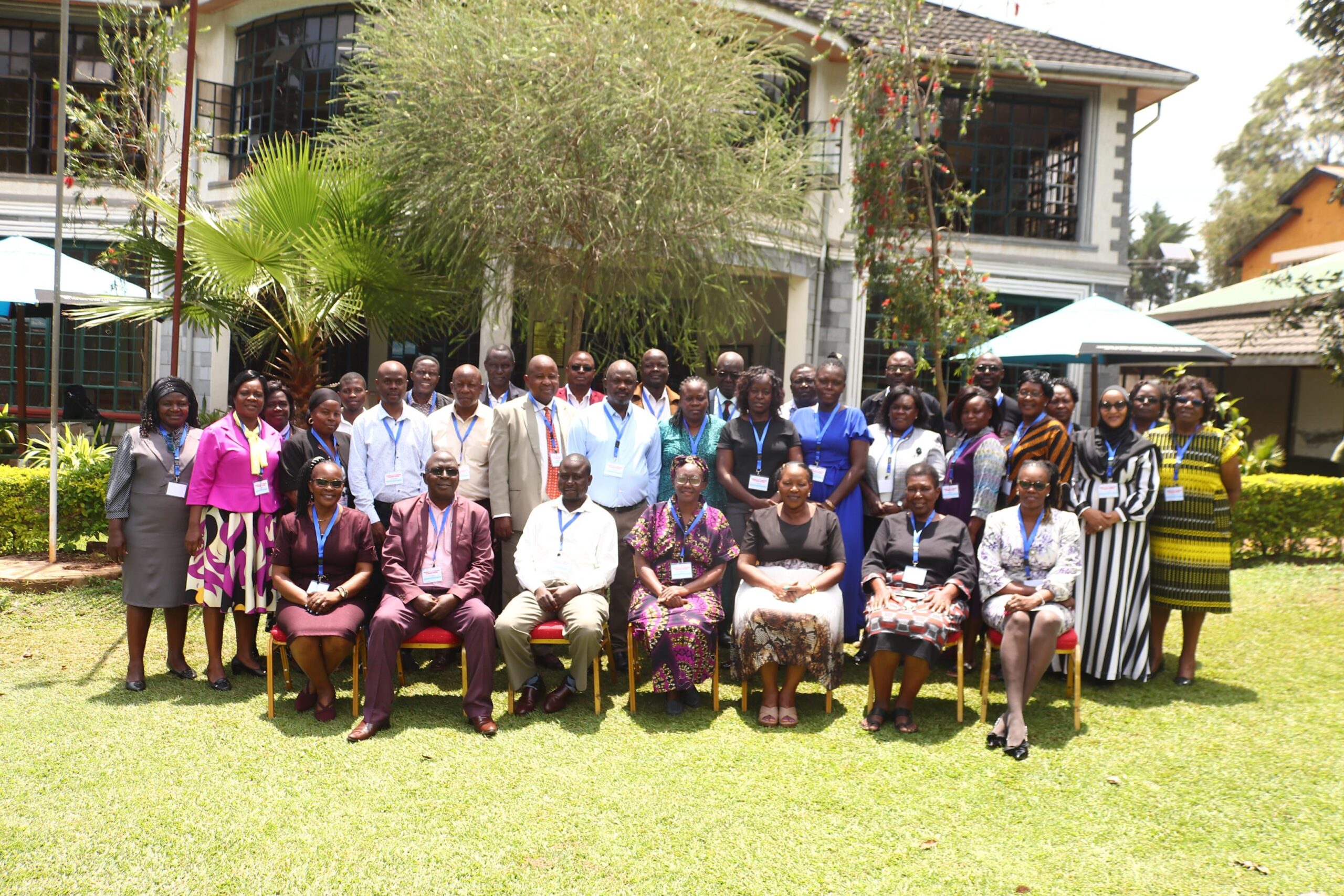
MMUST in Partnership With Carnegie African Diaspora Fellowship Programme (CADFP) Hosts Workshop to Strengthen Competency-Based Education in Universities and Teacher Training
Masinde Muliro University of Science and Technology (MMUST), in collaboration with the Carnegie African Diaspora Fellowship Programme (CADFP), on 11th to 12th August 2025, conducted an intensive workshop aimed at strengthening competencies for universities and teacher education programmes in alignment with Kenya’s Competency-Based Education (CBE) framework. Organized by Prof. Catherine Aurah (CADFP Host Fellow), and Prof. Teresa Wasonga (CADFP Diaspora Fellow), the workshop emphasized the importance of equipping educators with the skills and requisite knowledge required to drive CBE implementation in the higher learning institutions.
The workshop, held at the Kakamega Sports Club, sought to deepen participants’ understanding of how to effectively integrate CBE competencies at the university level and within teacher preparation programmes. This initiative comes at a time when Kenya’s education system is undergoing a paradigm shift towards CBE, placing greater emphasis on skills, values, creativity, and learner-centered approaches over rote memorization.
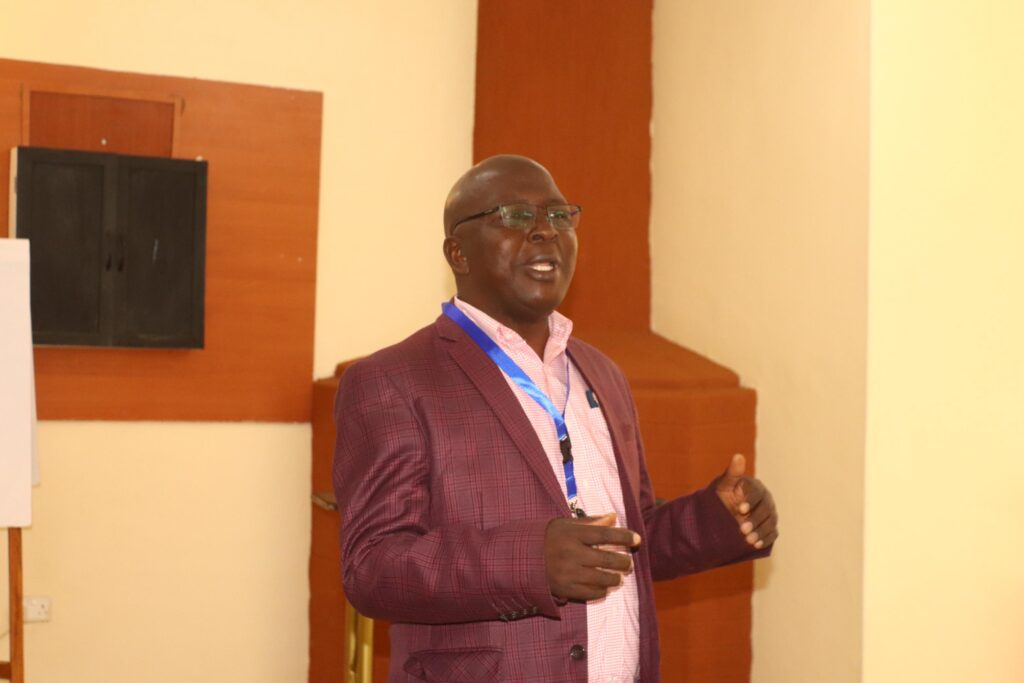
The Curriculum Support Officer, TSC Kakamega County Mr. Silas Wabuti addresses participants at the workshop.
Speaking during the workshop, one of the Curriculum Support Officers, TSC Kakamega County- Mr. Silas Wabuti noted that the shift demands more than just policy change. “This calls for capacity building, collaboration and reimagining of pedagogy especially within teacher education programs. Let us continue working together to ensure that our education system is not just aligned with national goals, but also responsive to the needs of our learners,” encouraged Mr. Wabuti.
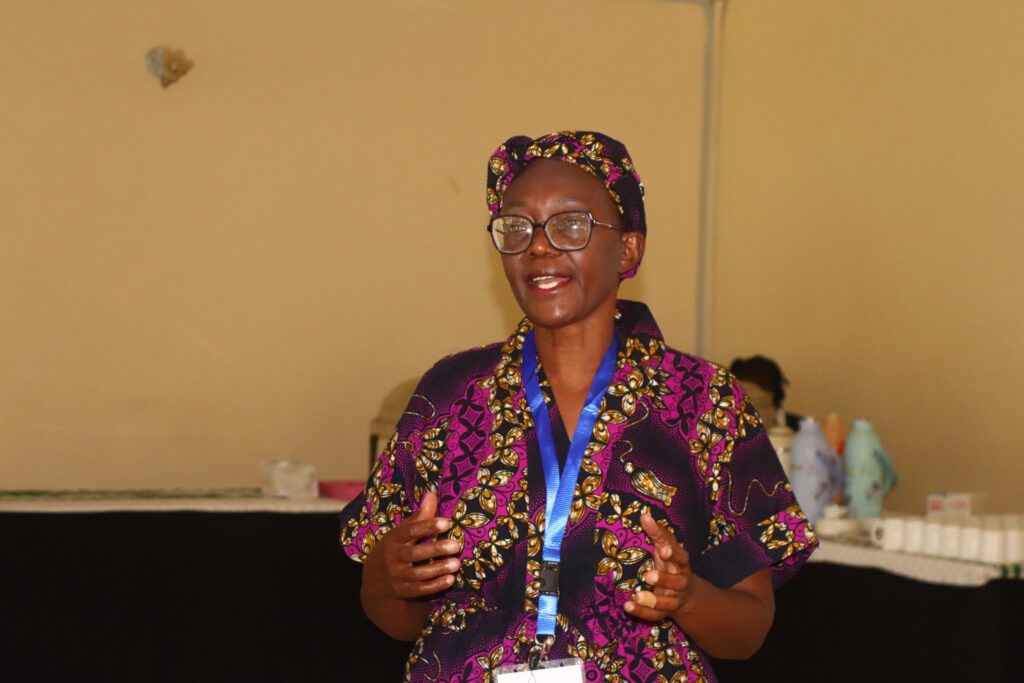
The Diaspora fellow from Northern IIIinois University, Prof. Wasonga speaks at the workshop.
The Diaspora fellow from Northern IIIinois University, Prof. Wasonga made an elaborate presentation on the ‘Key University level CBE Competencies’ and ‘Pre-Service Teacher Competencies for Implementing CBE.’ She outlined the core university level competencies and pre-service teacher competencies essential for effective CBE implementation. These included critical thinking, adaptability, problem solving, ethical practice, and learner centered teaching approaches. “We cannot teach what we do not live. In order to fully prepare teachers for CBE, our institutions must reflect its principles in curriculum design, assessment and learning environment,” stated Prof. Wasonga.
Similarly, her counterpart Prof. Catherine Aurah delivered a compelling presentation on the ‘Key Considerations for Fostering CBE Competencies at the University Level.’ Prof. Aurah highlighted the urgency of aligning teacher education with the demands of the reformed curriculum, noting that teacher preparation is the backbone of CBE success. Further, she underscored the importance of aligning institutional policies, curriculum design, instructional methods and assessment strategies within the outcome based approach that CBE demands.
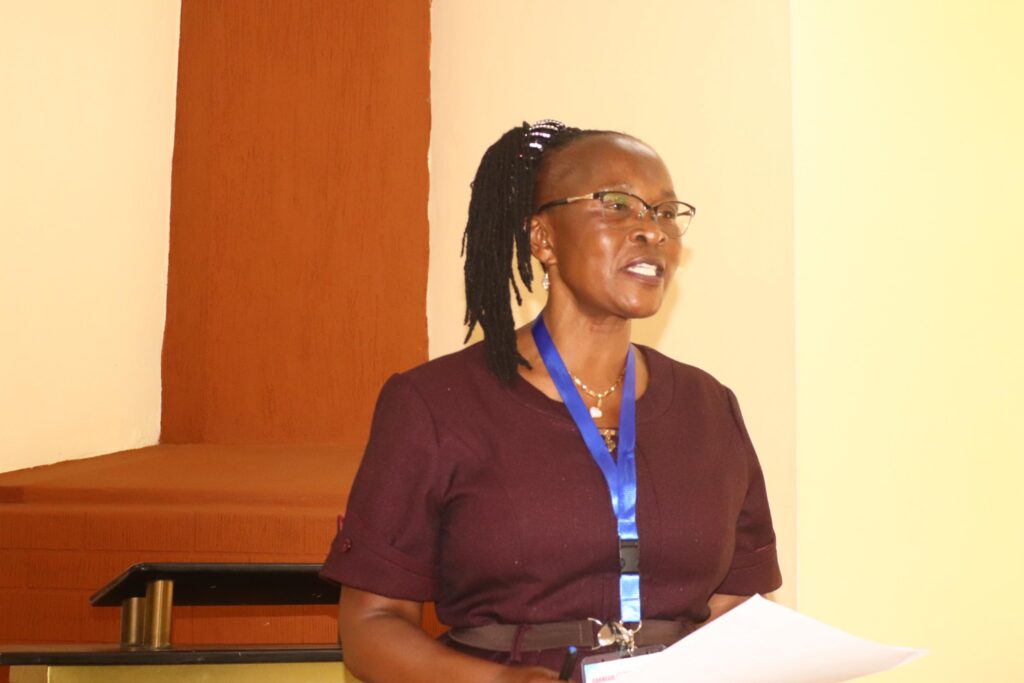
CADFP Host Fellow- Prof. Catherine Aurah makes a presentation during the workshop.
“Some of these key considerations for fostering CBE competencies at the University level include: transformative leadership for change management, aligning university programs with CBE goals and competencies, promoting digital literacy, encouraging soft skills and lifelong learning, fostering partnership with stakeholders as well as developing university competencies that align with the market needs,” pointed out Prof. Aurah.
Additionally, Prof. Aurah unveiled the ‘MMUST Signature Pedagogy,’ a holistic approach that blends mastery of content with values-driven practice to shape educators and graduates who are not only knowledgeable but also competent. In this model, the CBE ready educator is a lifelong learner, continuously engaging with new competencies, emerging technologies and contemporary societal issues. If adopted, Prof. Aurah’s Signature Pedagogy positions MMUST as a leader in shaping the future of higher education and teacher preparation.
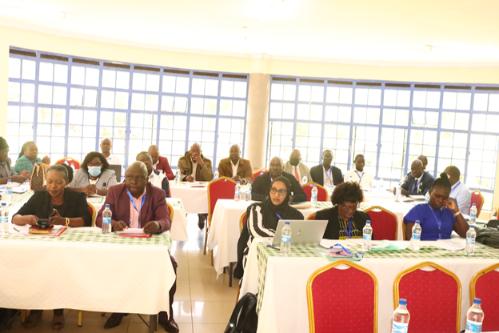
A section of the participants keenly follows the workshop proceedings.
The workshop also featured enriching international perspectives. Mr. David Niyitegeka and Mr. Emmanuel Byiringiro from Rwanda delivered exciting presentations on Rwanda’s experience in implementing CBE. Drawing from their country’s journey, the two speakers highlighted the systematic reforms undertaken to align curriculum, teacher training, and assessment practices with the CBE framework. The duo noted that effective implementation of CBE hinges on clear competency definitions, resource availability and continuous monitoring to ensure that the learning outcomes are achieved.
Mr. Niyitegeka shared an inspiring case study on how CBE has transformed the teaching and learning of Mathematics in Rwanda. He explained that the shift from rote learning to active, learner-centered methods has highly improved the students’ conceptual understanding and boosted their ability to apply mathematical knowledge in real life problem solving.
Commenting on one of the presentations, the Associate Dean, School of Education Dr. Rose Opiyo pointed out that in the transformative landscape of Kenya’s CBC, those entrusted with monitoring the next generation of educators bear a profound responsibility that transcends conventional professional development.
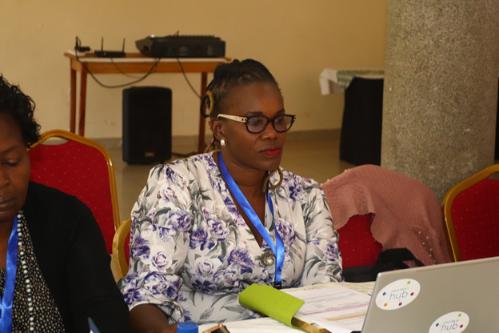
The Associate Dean, School of Education Dr. Rose Opiyo during the workshop.
The Director of Curriculum Review and Development – Dr. Teresa Okoth applauded the workshop organizers saying that at MMUST, we are embedding key competencies such as critical thinking, creativity, collaboration, digital literacy, and adaptability. “Today’s workshop reinforces our commitment to ensuring that every curriculum, every course, and every teaching approach we adopt prepares our students to meet the demands of the 21st century” said Dr. Okoth.
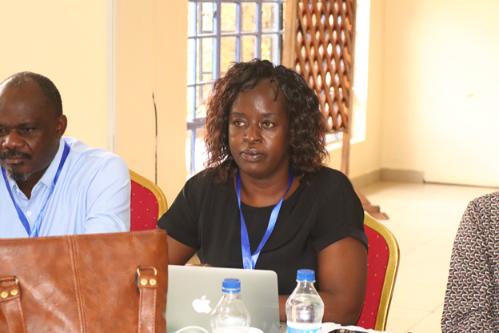
The Director of Curriculum Review and Development – Dr. Teresa Okoth at the event.
During the well-attended event which brought together various University faculty members, teacher educators, Curriculum Support Officers (CSOs) and education policymakers, participants examined practical strategies for embedding CBE competencies into higher education curricula and teacher training programmes, with a focus on fostering critical thinking, creativity, and learner-centered pedagogies.
Undoubtedly, as Kenya’s education system continues its transition to CBE, such initiatives are setting the pace for universities to play a leading role in shaping the next generation of skilled, values-driven graduates.
By Linet Owuor

